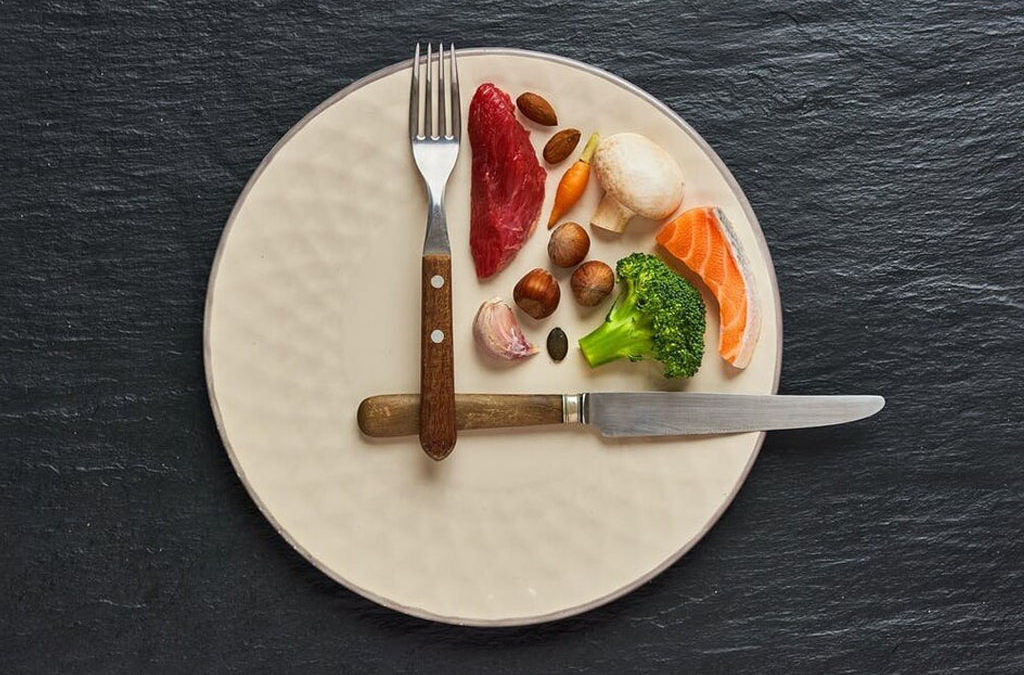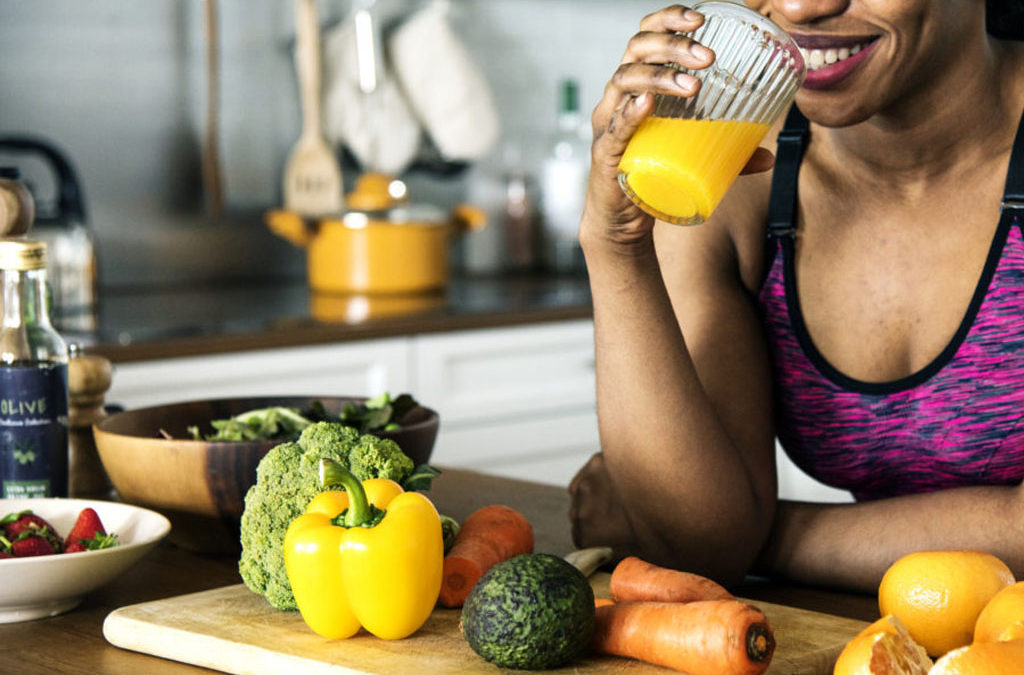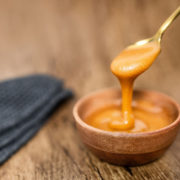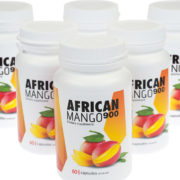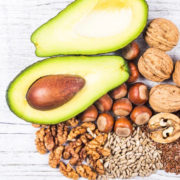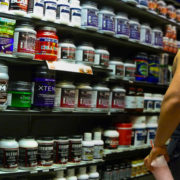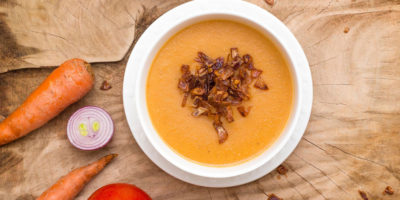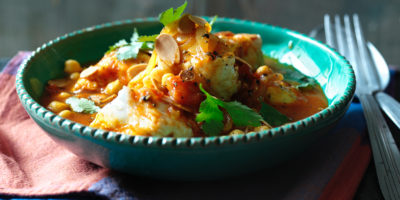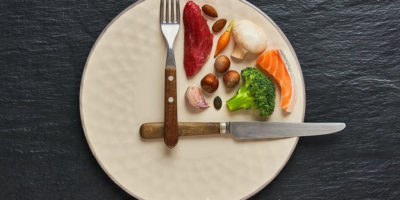Shedding extra weight will get far less complicated for virtually all individuals when they have some degree of hunger control. A very simple strategy to deal with hunger and cravings is to learn to choose food items that will probably fill a person and stay away from meals which cause a person to end up being famished. Snacking and consuming foods with protein and soluble fiber, such as those suggested below, may assist you moderate food cravings.
• Eat a lot of the "right" snack foods. Low-calorie, portion-controlled snack foods can eliminate being hungry by protecting against the sharp surges and falls in both endorphins and blood sugar levels, which produce desire for food. Eating snack foods tells our brain that we are not starving ourselves to death; this in turn lets the body burn up more energy. Not eating meals, especially during the day time, tells the body to maintain it’s supply of energy and cease burning fat and calories.
• Eat protein rich meals. Consuming foods rich in proteins stabilizes blood sugar for hours and creates sensations of bloatedness. This is particularly essential with breakfast, where staying away from protein is actually easy. Get into the routine of reading food product labels for the quantity of grams of healthy proteins and fiber in that foodstuff. Desirable food items have more than ten grams of protein per serving and very satisfying foodstuff possess more than twenty grams of protein per helping.
• Target on fiber dense meals. Eating foodstuff with high dietary fiber content can produce feelings of bloatedness for hours. There are two kinds of dietary fiber in our diet, based upon how they dissolve in the abdomen. Insoluble fibers do not break down and move through the body undigested. These include rice and corn bran, whole grain cereal products, nuts and seeds, and the skins of some fresh fruits and vegetables. They are regularly used for the treatment of irregular bowel movements and colon disease. The other form of dietary fiber dissolves in the belly, such as fiber in fresh fruits, vegetables, oat bran, and barley. The more fiber the better. Seek twenty five grms or more of total fiber per day. Vegetables are limitless in this program, as are all fresh fruits except bananas, pineapple, mangos, and avocados, which should be definitely avoided.
• Opt for reduced calorie, water packed foods. Foods with large water content are really filling. In her reports at Penn State, Dr. Barbara Rolls unquestionably proved the benefit of heavy ingredients rich in water content. Good examples of such foods are soups (not cream-based), many fresh fruits and vegetables with substantial water content, soups, and cooked grains. Dr. Rolls demonstrates that eating these varieties of meals, principally before the main meal, may lead to eating fewer unhealthy calories during the following dinner. She encourages a pot of soup and salads as "starters."
• Sipping the "right" drinks may help stop sensations of craving for food. Normal water, diet carbonated drinks, low-fat milk, and vegetable juices can often be very helpful for dropping weight. These drinks create a feeling of fullness; some preserve blood sugar levels, and diet sodas sweetened with sucralose can also eliminate the cravings.


